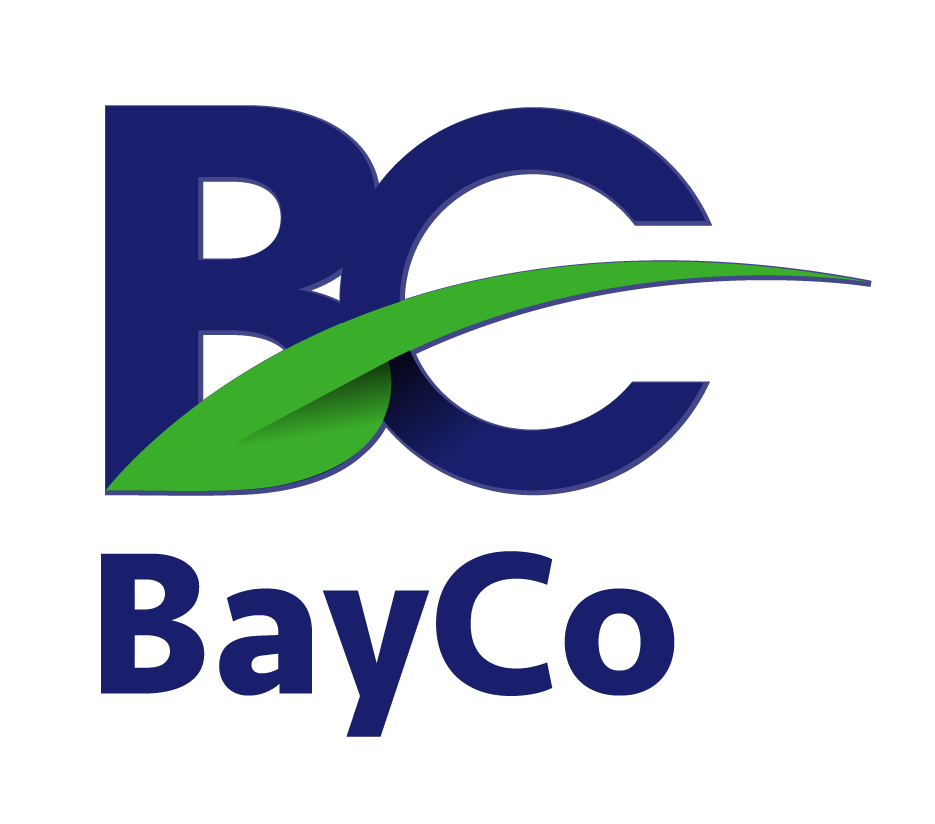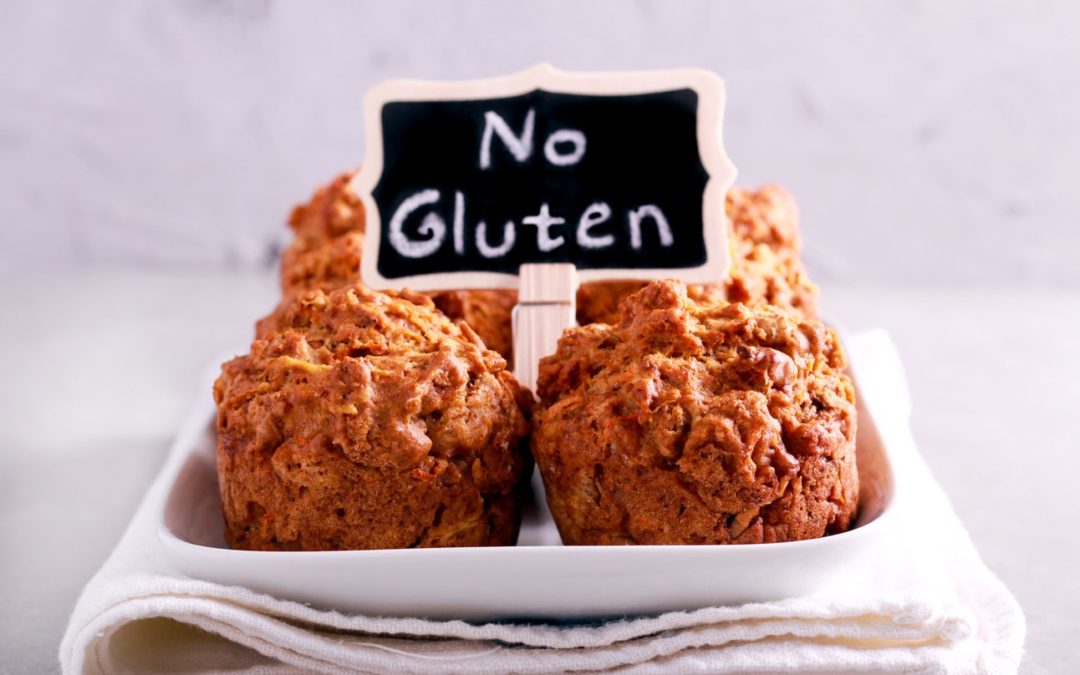Catering to the Gluten-Free Crowd is Important
Do you offer gluten-free products or fare? This can be challenging when you lack a dedicated kitchen space for your gluten-free food prep and cooking. There are tips that can help you avoid contamination when offering gluten-free options- and that ensure those eating your foods are safe. After you get your shipments from your organic ingredient suppliers, take these steps.
Key things to remember when producing gluten-free products in a non-dedicated kitchen are:
Handle Ingredients Safely
It is important to handle your wholesale baking supplies with care. The safest way to handle your ingredients is with separate prep areas, utensils, tools, and a firm policy regarding washing hands. Label items clearly and keep equipment separate whenever possible. Make sure that everyone entering your space wears clean clothing and washes their hands frequently. Implement a policy regarding outside foods and beverages not being allowed in the production area, as well as about putting on clean aprons and gloves during preparation and processing of gluten-free products.
Avoid Cross-Contamination
Cross-contamination should be the priority in your kitchen. Think about how flour can become airborne during food prep; this could be potentially dangerous for anyone with a gluten allergy or sensitivity. Ideally, you would have separate production spaces and equipment, but this may not be feasible. In these instances, cleaning your tools and separating products is integral.
Clean Properly
Clean your facility and equipment properly and thoroughly using wet systems. Using water-based cleaning solutions is the best way to remove gluten from the items that you are washing. Use commercial cleaning products designed to remove stubborn food, including gluten, from your dishes, utensils, tools, and kitchen equipment. Water is the safest cleaning method for avoiding cross-contamination in your kitchen.
Store Separately
Store your ingredients and equipment separately and always clearly label to identify the gluten-free items. To avoid incidental contamination, provide a special storage space for your gluten-free products, and keep packaging materials separated also. Make sure that you store your finished products in tightly closed containers so that particles cannot become airborne.
It bears repeating that you should always give your counters and workspaces a thorough wipe down before and after food production.
Schedule Production Specifically
Plan on scheduling production no less than 24 hours from when gluten was used or produced in the kitchen. This allows any air-borne flour particles time to settle and get out of the air in your space. Make sure that your gluten-free preparation and production happens after a thorough cleaning and wipe-down of the surfaces and spaces in your kitchen.
Use these tips when you produce gluten-free foods but don’t have a dedicated kitchen. These suggestions will curb cross-contamination and keep your gluten-sensitive consumers safe.
Are You Looking for Wholesale Baking Supplies?
Need quality, organic baking supplies in a hurry? Give us a call at BayCo, Organics That Deliver; we are a wholesale baking supplies company who supply bakery professionals and processors with the high quality ingredients that you need to create an amazing finished product.

